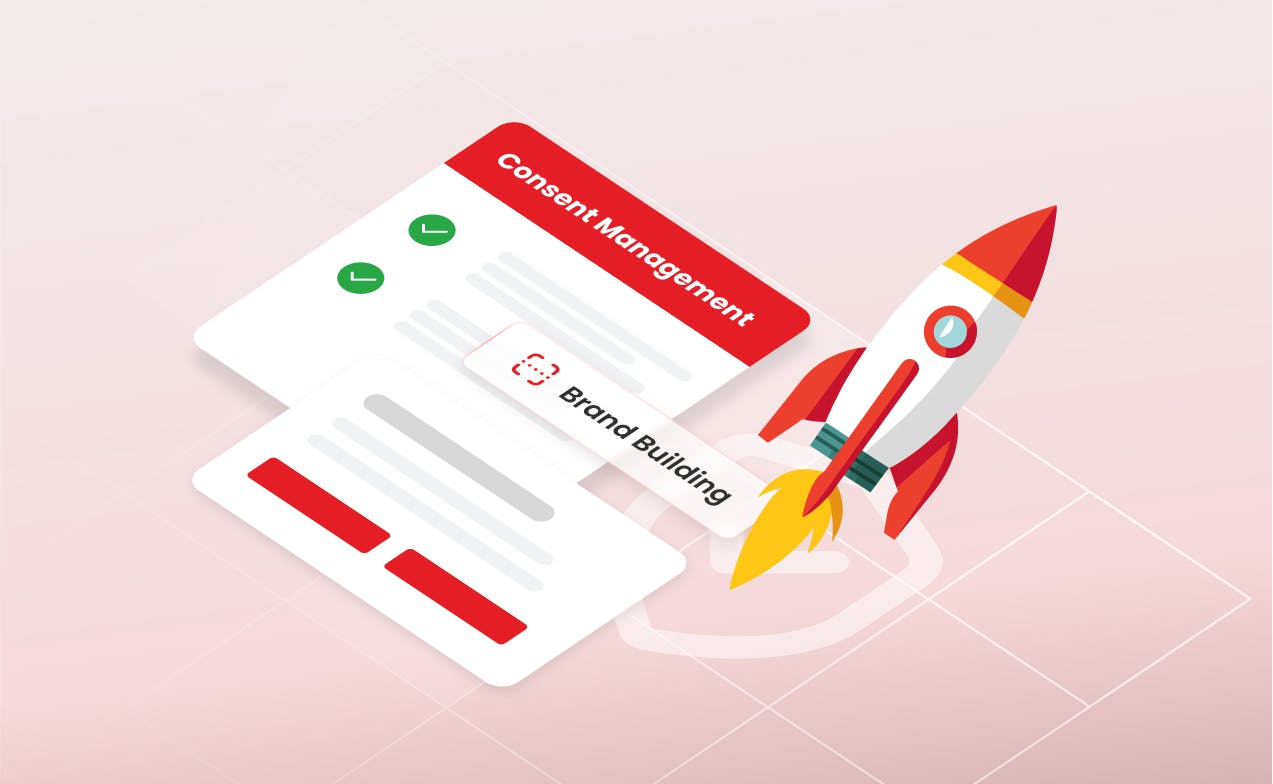
Consent Management Platforms (CMPs) help businesses operationalize privacy by capturing, managing, and auditing user consent. They're essential tools for brands navigating modern data protection laws like GDPR, CCPA, and others.
Trust is at the heart of every relationship – including ones built between businesses and their customers. It’s not lost on marketing teams, customer experience specialists, and web designers, as well as regulators, that trust underpins positive customer experiences, lasting and loyal relationships, and the building blocks of business success.
And fueling this success and trust-building is consent. Consent has become a cornerstone of ethical marketing and data privacy. Far from being a hindrance, obtaining and respecting user consent can serve as a significant competitive advantage. What is the importance of consent; what are the pitfalls of neglecting it? And how can marketing teams leverage consent as a trust-building tool?
Consent is more than a legal requirement; it's a realization of respect for user autonomy and their right to data privacy. When users willingly share their data, they expect transparency and control over how it's used. Ignoring consent management and user preferences leads to legal and financial repercussions; furthermore, doing consent wrong damages the trust companies have worked to build and causes sometimes irreparable damage to companies’ reputations.
Recent investigations have highlighted the consequences of neglecting user consent:
Automotive industry's privacy shortcomings: A study by the Mozilla Foundation revealed that all 25 car brands they reviewed collect more personal data than necessary, often without providing users adequate control over their information. Notably, 84% of these brands share or sell user data, and 56% may share data with government or law enforcement upon request, without a court order.
Big Tech's data practices: Tech giants like Google, Facebook, and Amazon have been found to collect extensive user data through third-party cookies and other means, often without explicit user consent. This data is frequently sold to advertisers and data brokers, leading to invasive targeted advertising and potential misuse of personal information.
AI applications and data transfer: The Chinese AI app DeepSeek was suspended in South Korea after it was discovered to have transferred user data without consent. The app was later reinstated only after updating its privacy policy to comply with local data protection laws.
These examples are a slice of the much larger picture representing the risks associated with inadequate consent practices, including regulatory penalties and loss of consumer trust.
While there is no universal approach to “consent” and what is included or required in a given consent model, it is safe to say – and act on – the near-universal demand that some sort of consent model be built into wider data privacy and protection measures. For example, what constitutes valid consent?
Each privacy framework may define this differently, but fundamentally, there are best practices that can help guide good general consent model, including ensuring that consent is specific and unbundled from other consents (each item for which you seek consent is discrete, clearly scoped and clearly defined individually), free from dark patterns, allow for receiving basic information or services while still opting out or declining consent or cookies, and that the consent is time bound (i.e., is it valid forever or until the individual changes preferences, or until consent expires)?
Consent should not be a barrier. Marketing teams can harness it to build stronger relationships with consumers. What kinds of strategies can help transform consent into a brand asset?
Clearly communicate what data is being collected, how it will be used, and who it will be shared with. Transparency fosters trust and empowers users to make informed decisions.
Implement intuitive consent interfaces that allow users to easily grant or withdraw consent. Avoid pre-ticked boxes or complex opt-out procedures.
Create personalized experience using data users have already consented to using to add value for users. When users see tangible benefits from sharing their data, they're more likely to continue doing so.
Provide users with the ability to review and adjust their consent preferences at any time. This ongoing engagement demonstrates respect for user autonomy.
Offer resources that educate users about data collection practices and their rights. An informed user base is more likely to trust and engage with your brand.
Consent is not a dirty word; it's a vital component of ethical marketing and data privacy. By prioritizing transparent and user-centric consent practices, marketing teams can differentiate their brands, foster consumer trust, and navigate the digital landscape with integrity. Embracing consent not only ensures compliance with data protection laws but also builds a loyal customer base that values and respects your commitment to their privacy.